Comparative Cultural Studies
Steven Ttsy de Zepetnek, Series Editor
The Purdue University Press monograph series of Books in Comparative Cultural Studies publishes single-authored and thematic collected volumes of new scholarship. Manuscripts are invited for publication in the series in fields of the study of culture, literature, the arts, media studies, communication studies, the history of ideas, etc., and related disciplines of the humanities and social sciences to the series editor via e-mail at <>.
Volumes in the Purdue series of Books in Comparative Cultural Studies include
Lorna Fitzsimmons, ed. Faust Adaptations from Marlowe to Aboudoma and Markland
Regina R. Flix and Scott D. Juall, eds., Cultural Exchanges between Brazil and France
James Patrick Wilper, Reconsidering the Emergence of the Gay Novel in English and German
Li Guo, Womens Tanci Fiction in Late Imperial and Early Twentieth-Century China
Arianna Dagnino, Transcultural Writers and Novels in the Age of Global Mobility
Elke Sturm-Trigonakis, Comparative Cultural Studies and the New Weltliteratur
Lauren Rule Maxwell, Romantic Revisions in Novels from the Americas
Liisa Steinby, Kundera and Modernity
Text and Image in Modern European Culture, ed. Natasha Grigorian, Thomas Baldwin, and Margaret Rigaud-Drayton
Sheng-mei Ma, Asian Diaspora and East-West Modernity
Irene Marques, Transnational Discourses on Class, Gender, and Cultural Identity
Comparative Hungarian Cultural Studies, ed. Steven Ttsy de Zepetnek and Louise O. Vasvri
Hui Zou, A Jesuit Garden in Beijing and Early Modern Chinese Culture
Yi Zheng, From Burke and Wordsworth to the Modern Sublime in Chinese Literature
Agata Anna Lisiak, Urban Cultures in (Post) Colonial Central Europe
Representing Humanity in an Age of Terror, ed. Sophia A. McClennen and Henry James Morello
Michael Goddard, Gombrowicz, Polish Modernism, and the Subversion of Form
Shakespeare in Hollywood, Asia, and Cyberspace, ed. Alexander C.Y. Huang and Charles S. Ross
Gustav Shpets Contribution to Philosophy and Cultural Theory, ed. Galin Tihanov
Comparative Central European Holocaust Studies, ed. Louise O. Vasvri and Steven Ttsy de Zepetnek
Marko Juvan, History and Poetics of Intertextuality
Thomas O. Beebee, Nation and Region in Modern American and European Fiction
Faust Adaptations from Marlowe
to Aboudoma and Markland
Edited by
Lorna Fitzsimmons
Purdue University Press
West Lafayette, Indiana
Copyright 2016 by Purdue University. All rights reserved.
Printed in the United States of America.
Library of Congress Cataloging-in-Publication Data
Names: Fitzsimmons, Lorna, 1957- editor.
Title: Faust Adaptations from Marlowe to Aboudoma and Markland / edited by Lorna Fitzsimmons.
Description: West Lafayette, Indiana: Purdue University Press, 2017. | Series: Comparative Cultural Studies | Includes bibliographical references and index.
Identifiers: LCCN 2016014560 | ISBN 9781557537584 (pbk.: alk. paper) |
ISBN 9781612494722 (epdf) | ISBN 9781612494739 (epub)
Subjects: LCSH: Faust,approximately 1540Adaptations. | Faust, approximately 1540Appreciation.
Classification: LCC PN6071.F33 F25 2017 | DDC 809/.93351dc23
LC record available at https://lccn.loc.gov/2016014560
Cover image: Homunculus in the phial. From Goethes Faust. Illustrated by Franz Xaver Simm. Stuttgart: German Publishing House, 1899. Via Wikimedia Commons.
Contents
Chapter 1
The Chapbook of Doctor Faustus as Source and Model
Ehrhard Bahr
Chapter 2
Adelbert von Chamissos Peter Schlemihl and the Quest for the Self
Christa Knellwolf King
Chapter 3
Lord Byrons Faustian Plays Manfred (1817), Cain (1821), and The Deformed Transformed (1822)
Frederick Burwick
Chapter 4
Heines Doctor Faust, a Ballet Poem
Beate I. Allert
Chapter 5
Thomas Manns Doctor Faustus as Political Document
Ehrhard Bahr
Chapter 6
D. J. Enright and the Faust Theme
Arnd Bohm
Chapter 7
Is My Doktor Faustus the Last Opera?
Konrad Boehmer
Chapter 8
Fausts Dreams ( ) and Egyptian Identity
) and Egyptian Identity
David G. John
Chapter 9
Repackaging Goethes Faust in Bridge Marklands Faust in the Box
Lynn Marie Kutch
Chapter 10
Imagining Faust in Recent German Historical Fiction
Waltraud Maierhofer
Introduction to Faust Adaptations from Marlowe
to Aboudoma and Markland
Faust Adaptations from Marlowe to Aboudoma and Markland takes a comparative cultural studies approach to the Faust legend. Comparative cultural studies is a contextual, globally oriented approach, drawing on the methods of cultural studies and comparative literature. The book provides an interdisciplinary and intercultural vantage point on the Faust theme as it has been adapted in some key texts from the early modern period to the present. Examining English, German, Dutch, and Egyptian adaptations of the Faust theme analytically and contextually, it consists of articles on the Faust works of Christopher Marlowe, Johann Wolfgang von Goethe, Adelbert von Chamisso, Byron, Heinrich Heine, Thomas Mann, D. J. Enright, Konrad Boehmer, Mahmoud Aboudoma, Bridge Markland, Andreas Gssling, and Uschi Flacke. These studies demonstrate not only the enduring meaningfulness of the Faust concept, but also its adaptability to different genres, eras, and cultures.
The legend of the early modern scholar, Faustus, who compacts his soul to the devil, arose in the context of the Reformation in Germany. Since then, a broad range of adaptations of the legend have been rendered in literature, drama, music, and visual and mixed media. As a result, the Faust theme has become one of the most important in Western history and is more and more global in its audiences and adaptation. As David C. John observes in this book, in his article on Egyptian playwright and director Mahmoud Aboudomas recent Faustian adaptation, although the Faust figure himself is correctly understood to be first and foremost quintessentially German, through centuries of reception and adaptation he has come to represent the struggling human in many lands and cultures (see ).
The Egypt of Aboudoma is necessarily far removed from that of the Reformation circumstances in which the Faust theme first emerged in the sixteenth century. The anonymous Faust Book, the Historia von D. Johann Fausten (The Historie of the Damnable Life and Deserved Death of Doctor John Faustus), is a product of religious conflict between Protestants and Catholics in Western Europe. Its satire of Catholicism is pointed. The protagonist Faustus is a learned scholar who turns to illicit arts and is eventually damned. Faustus is an object of derision and amusement as he undertakes travels and indulges in pranks, usually forgetful of the ultimate, hell-bound fate of his soul. The book engages with abstract concepts and questions of universal import: human relations to divinity, the afterlife, freedom, social mobility, love, repentance, and professional integrity. It was widely read and translated, and its popularity invited its adaptation. The English playwright Christopher Marlowes tragic adaptation,

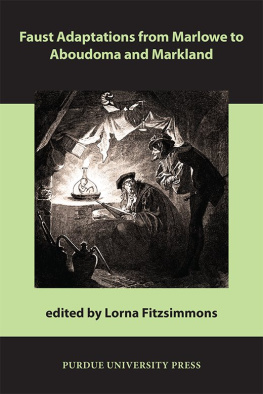

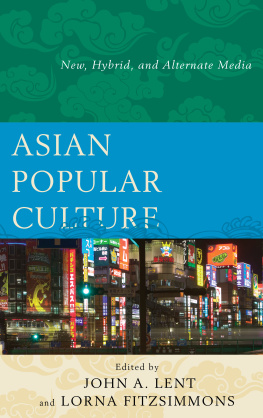

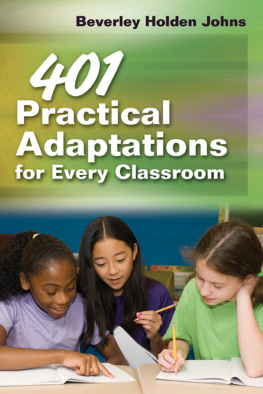
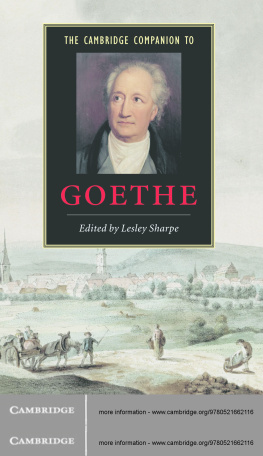
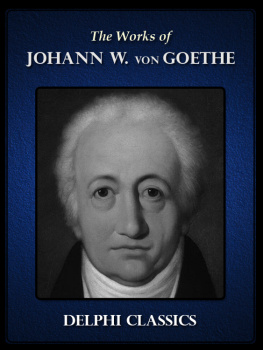
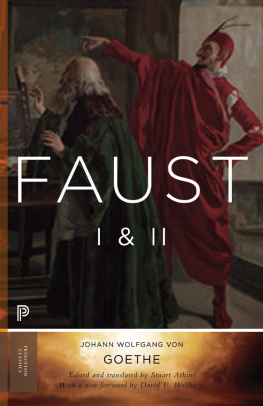


 ) and Egyptian Identity
) and Egyptian Identity